We’re currently in the middle of summer, marking the halfway point of the gardening season. To give our plants a much-needed boost, the most efficient and simplest method is to use compost tea. This type of tea is created by using high-quality, finished compost as a liquid fertilizer for plants. Compost tea is valued by plants and contains various benefits, such as helping to extend the life of good compost. When mixed with water, a small amount of compost goes a long way, making it an effective all-natural fertilizer.
There are two types of compost tea: brew and steep (also known as compost extract). To brew tea, you’ll need an air pump and submerge the compost in a nylon stocking (we’ll explain more about that later). We prefer the steep or extract method. Let’s get started and we’ll show you what we mean. Making compost tea is simple and easy, and this is the way we do it.
How to make simple compost tea (Extract)
To create a nutrient-rich compost tea for your plants, start by putting good-quality compost into a container. Add water and stir the mixture well. Allow the mixture to steep and then use it to water your plants. Remember that there is no exact science to the water-to-compost ratio, but a ratio of about 1 to 30 should suffice. Adding more compost will only make the tea stronger. You can use composted sheep manure, worm castings, or any high-quality compost for best results.
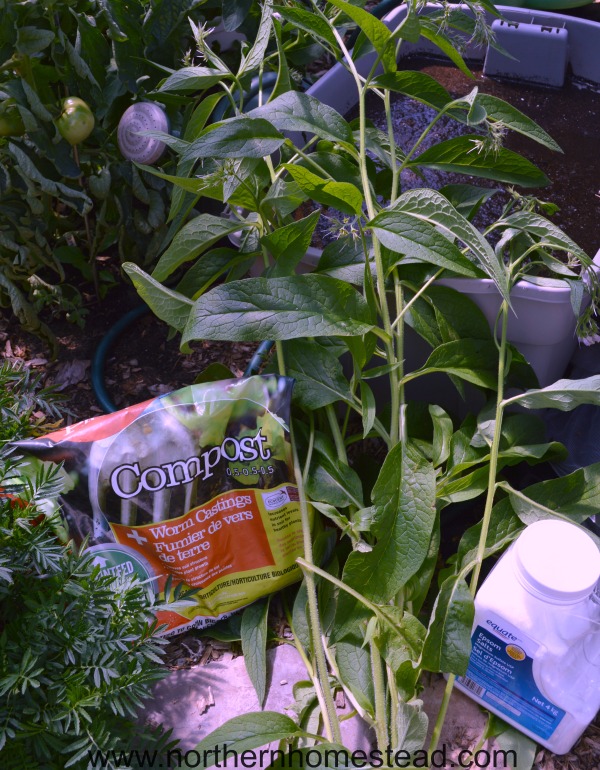
Adding comfrey to your compost tea is highly recommended. Not only is comfrey a great mulch for chop-and-drop permaculture systems, but it also attracts pollinators and beneficial insects and acts as a fantastic fertilizer. It would be wise to grow some in your garden. Adding eggshells or Epsom salt can also increase the mineral content in your compost tea.
When using cold tap or well water, we suggest steeping the tea for about 24 hours. Plants do not respond well to cold water, whether or not it contains compost. The belief that the longer it steeps, the better it is, is a myth. If it starts to smell bad, it’s probably gone bad. If you intend to brew compost tea for a period exceeding 24 hours, then follow the method for brewing compost tea elaborated below.
How to brew compost tea
For a more advanced approach, you can brew compost tea. To do this, take an old sock or nylon and use it as a “teabag”, filling it with high-quality compost. Make sure that the compost does not touch the bottom of the bucket. Add some organic molasses to nourish the bacteria, then fill the bucket with water. Insert an aquarium aerator (Air Pump), and allow the compost tea to brew for 24-48 hours. This will result in excellent compost tea that will help your plants grow as well as with a basic compost extract.
Where to use compost tea
In natural surroundings, the ground is typically covered with plant matter that gradually decomposes, resulting in a layer of compost. This compost and plant material absorbs rainwater, becoming a natural compost tea for plants.
In our garden, we replicate this natural process by mulching the area with compost or wood chips. This means that when it rains, our plants also receive the benefits of this natural compost tea. You can read more in the article Maintaining a no-till garden.
However, in a greenhouse or raised beds, the environment is less natural. There is often no natural soil or rainwater to water the compost in. In these cases, we create a simple compost tea to provide the necessary nutrients for the plants.
If your garden is not mulched, you can still utilize a simple compost tea for the entire garden. However, we recommend covering the soil annually with 1-2 inches of compost instead.
How to use compost tea
To nourish your plants, water each one with a gallon of compost tea. If there is any leftover compost in the bottom, you can add more water until it’s all gone (this will not be an issue if you brew your compost tea). Alternatively, you can use compost to mulch the ground around the plants. If you used comfrey, take out the leaves and add them to your compost pile or use them as mulch for your plants as well. This straightforward approach has been successful for many gardeners, as compost tea is a liquid source of vital nutrients that plants crave.
Enjoy your gardening!
We invite you to subscribe to Northern Homestead and follow us on Instagram, Facebook, or Pinterest for the latest updates.

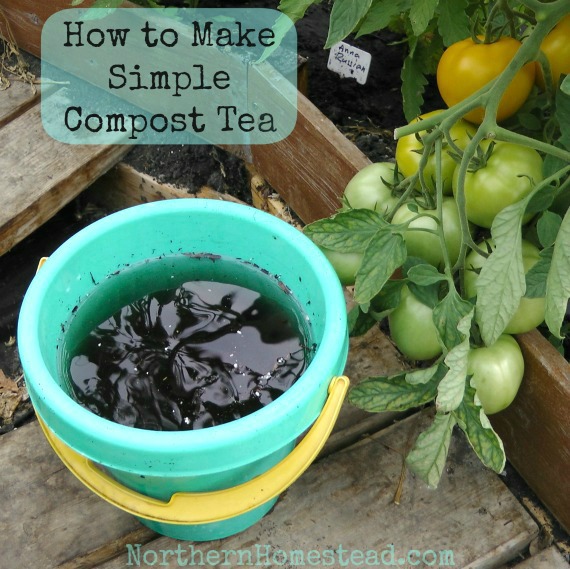
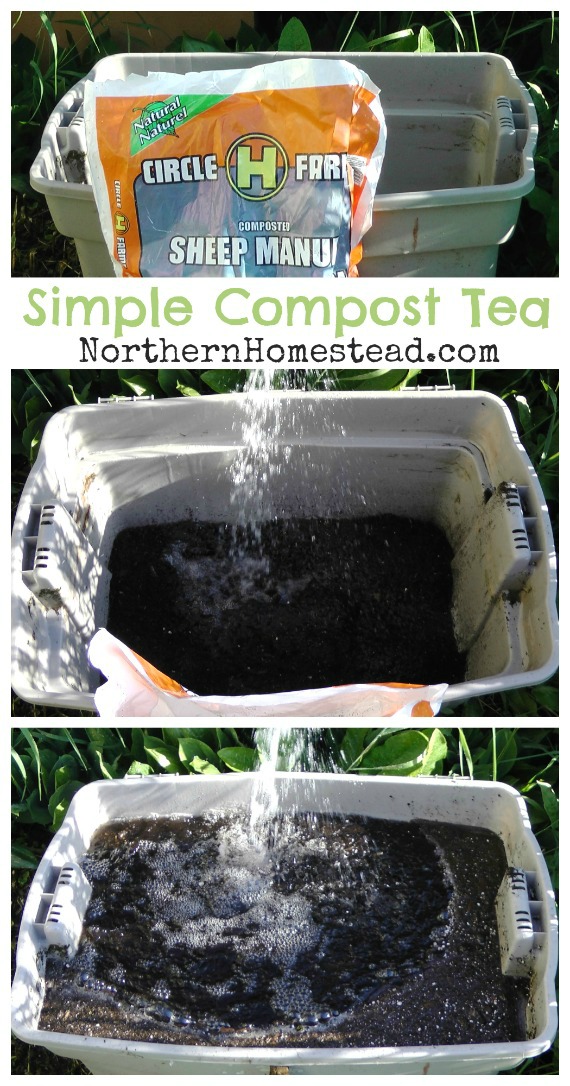
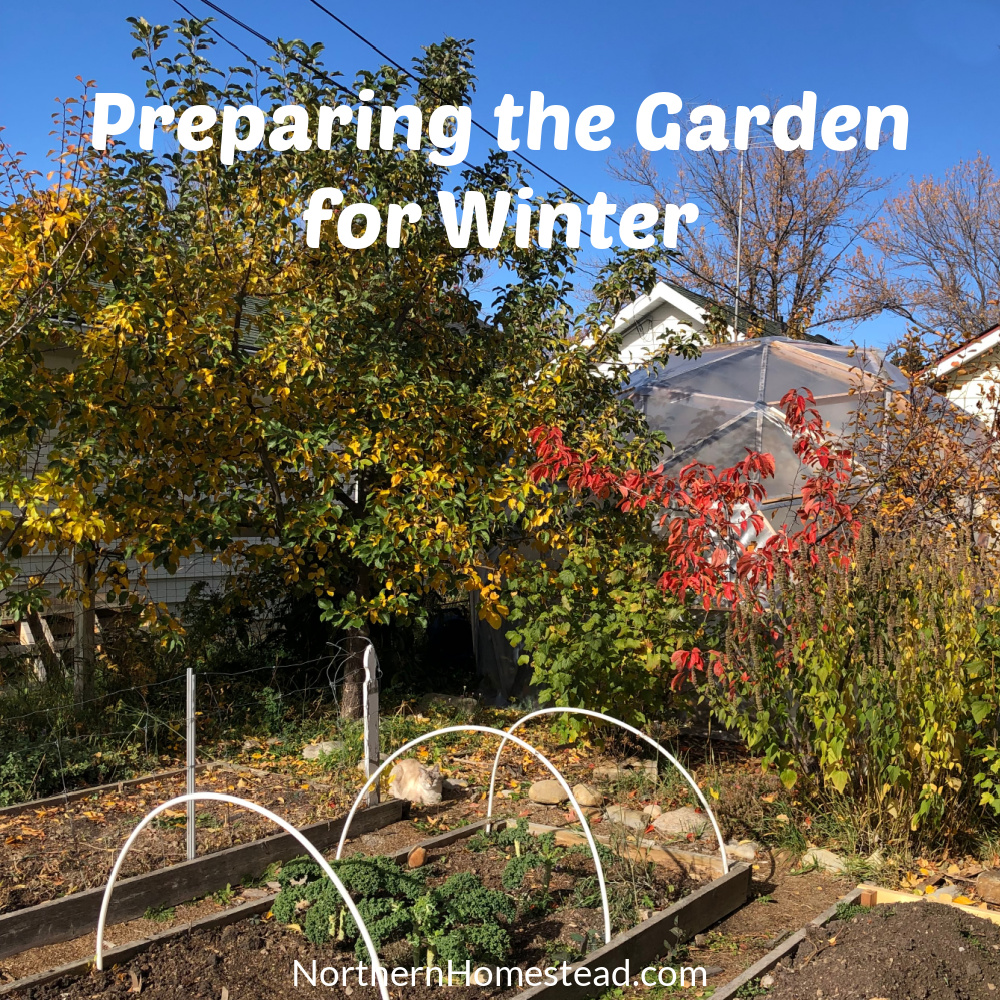
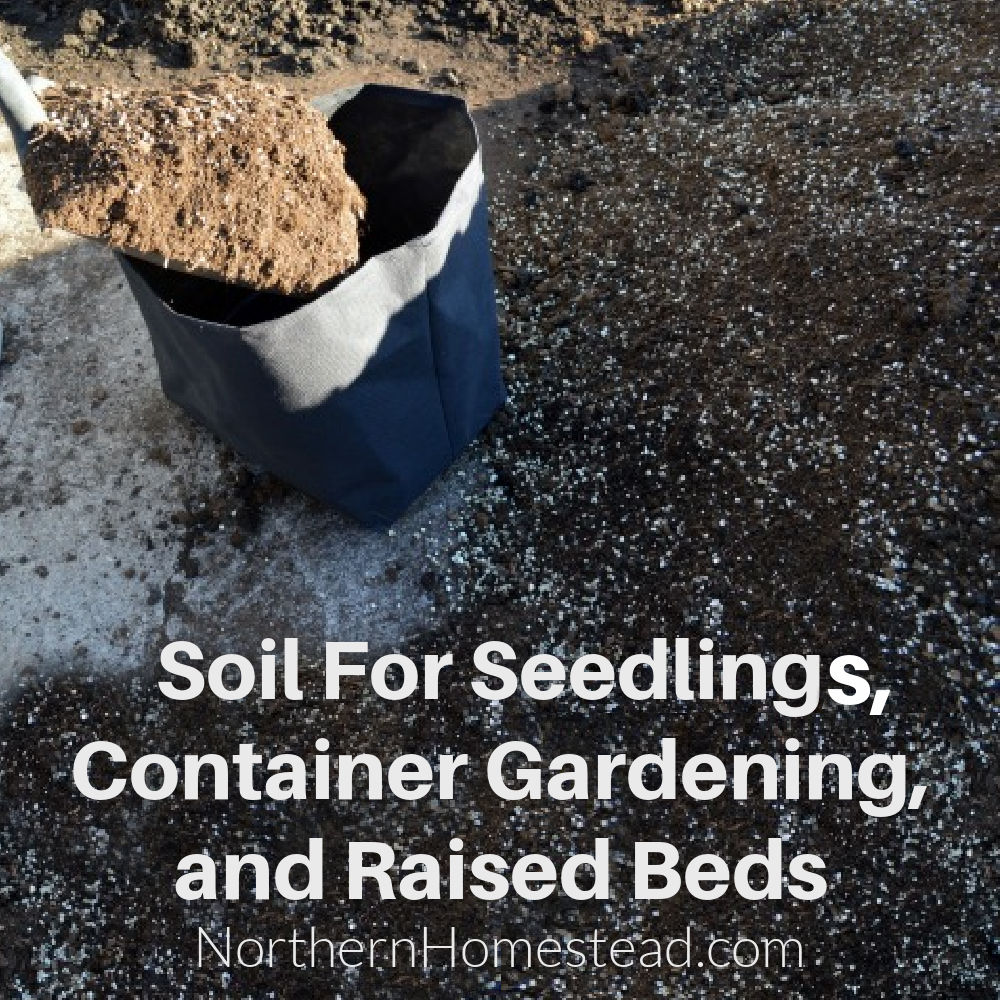
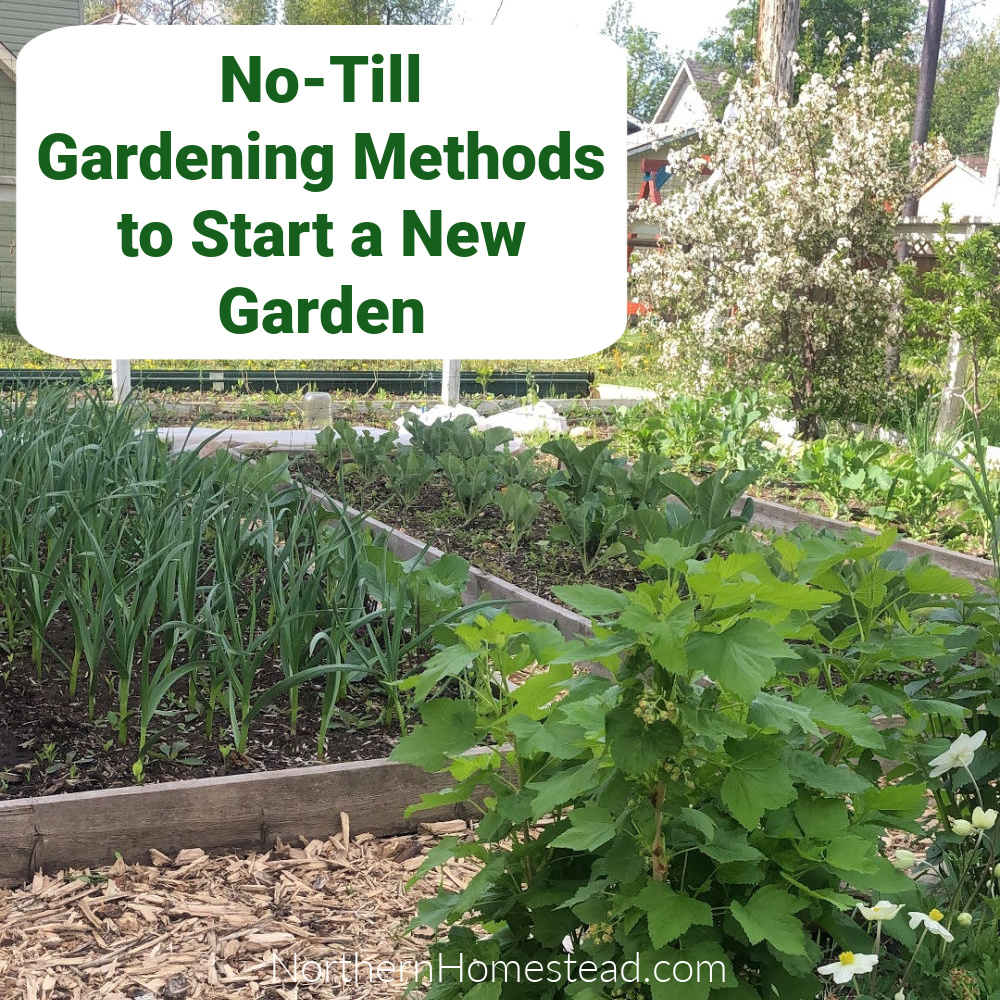
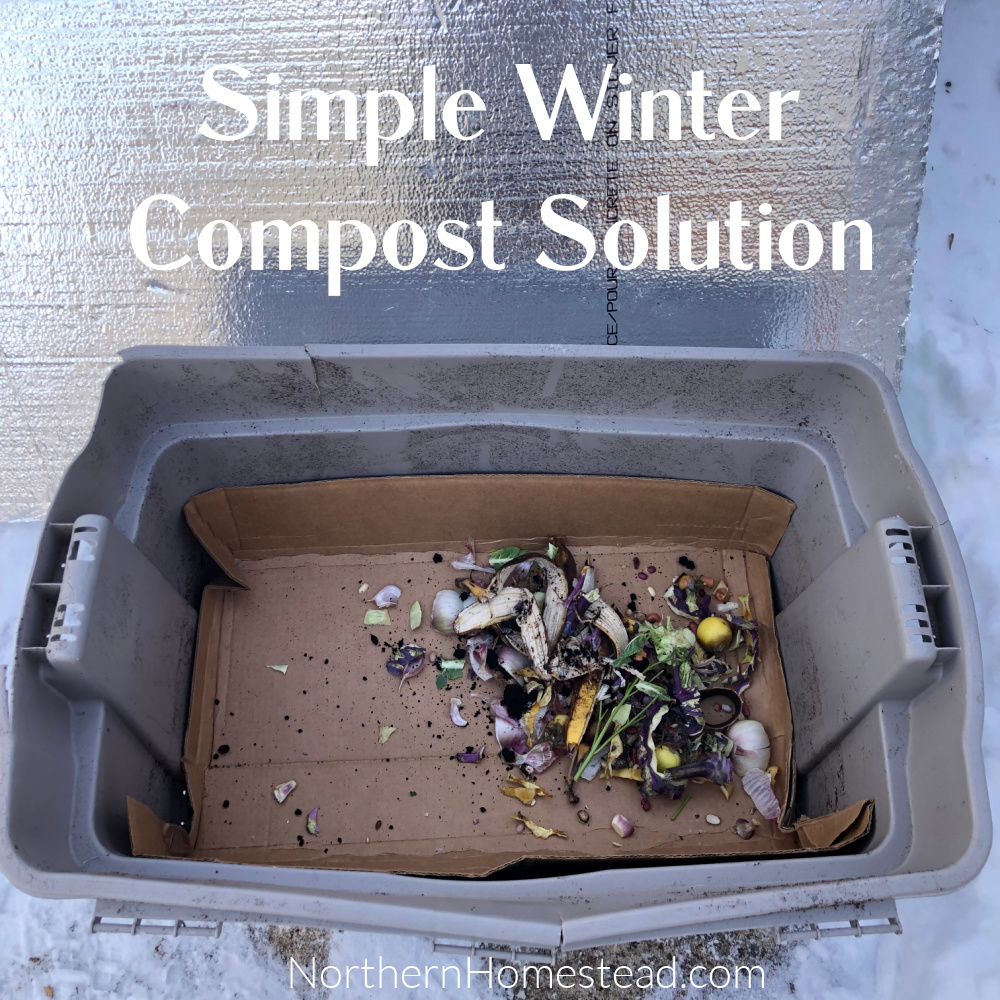
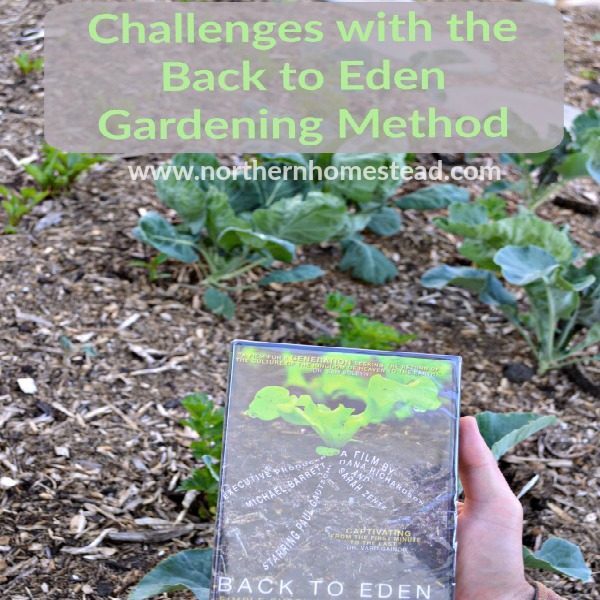

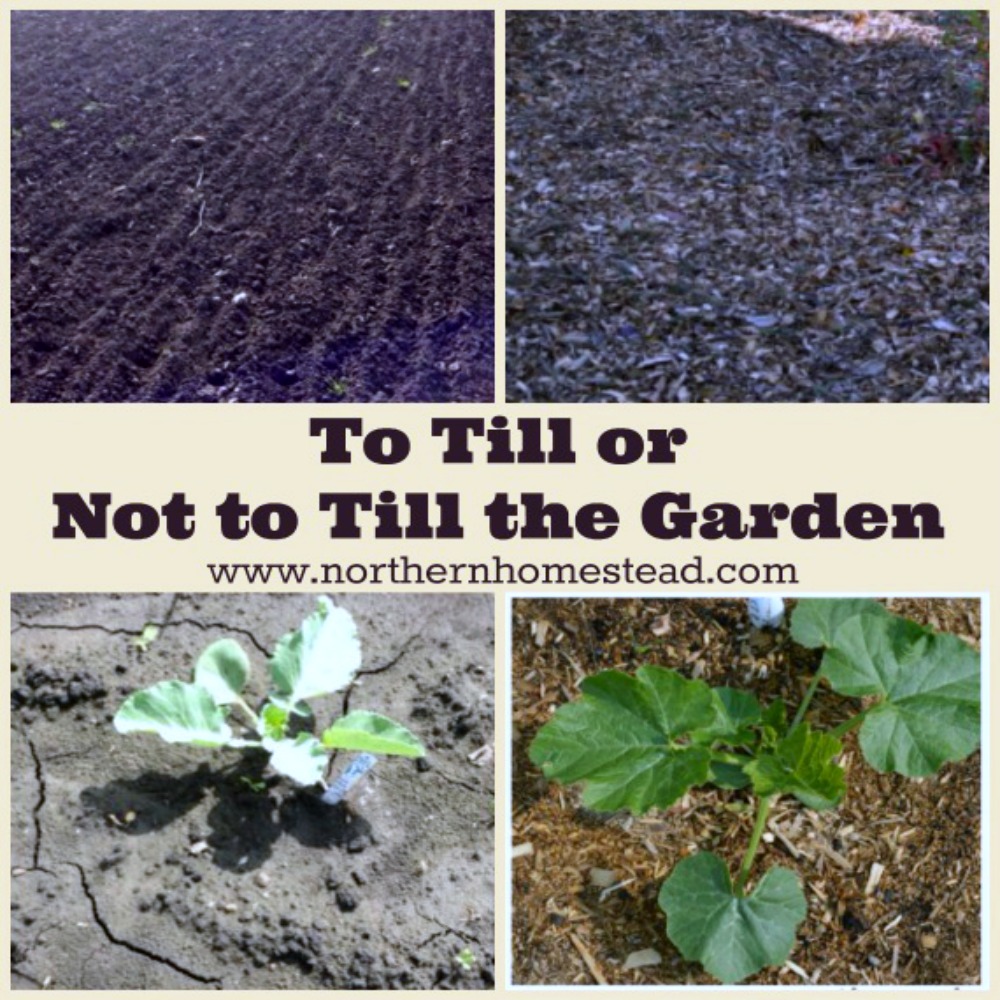
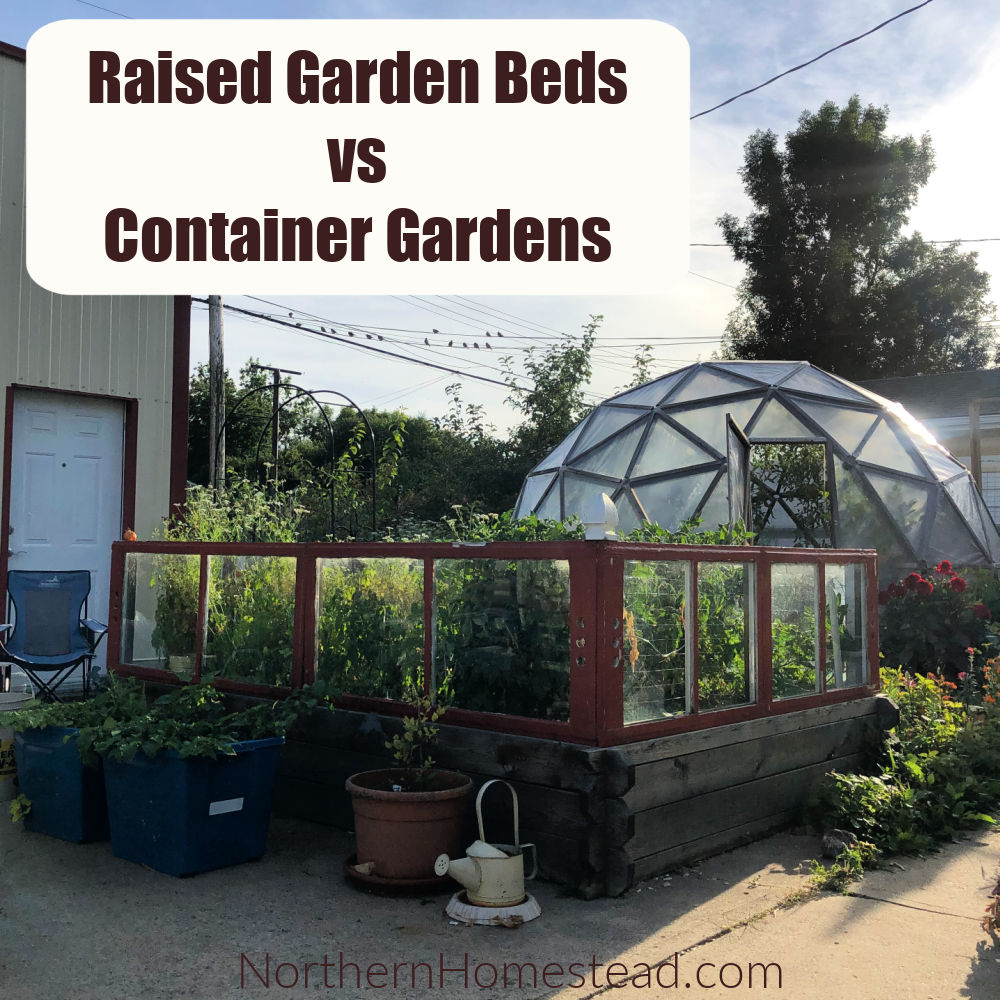

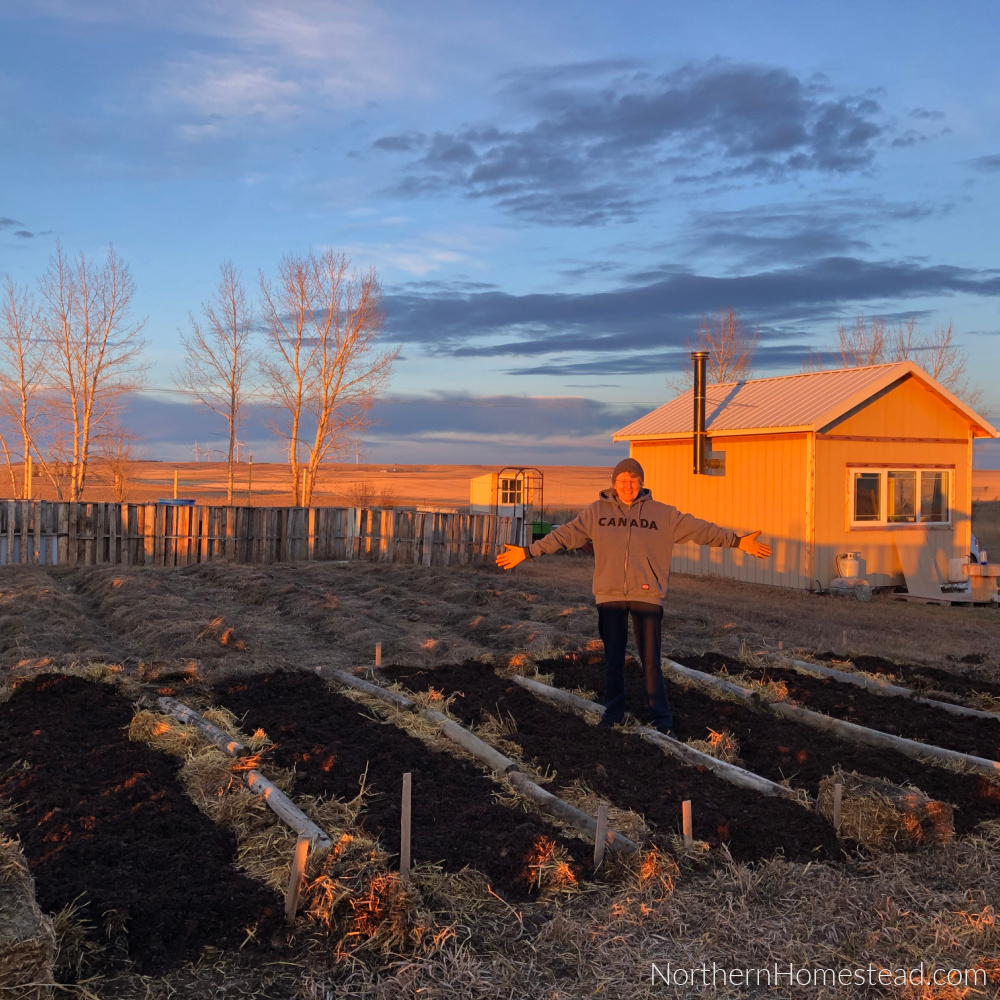

Anna, I made some compost tea but can’t open the lid of the container b/c I have a weak stomach 🙂 I have laughed at myself so much. I actually did open it one day to try to use it all but had to close it quickly. It isn’t going to defeat me though! I intend to get that in the ground around some of my flowers!
Sorry Shirley for your bad experience!. Next time do not close it, compost tea needs air. That’s why some gardeners use an aerator. But just leaving it open and maybe stir occasionally will help too. Compost tea does not smell. BTW good compost, that is done does not smell either.
Good to know Anna. My compost bin does not have an odor at all. I should have realized that!
I had no idea there was such a thing as compost tea, much less that you could make it! I’ll share this with my mom – she just got one of those big tumbling composters, and she would love this, too!
We love a good cup of tea, and so do our plants. Glad you learned something new.
I’ve never heard of compost tea, but I’m going to try it. Looks simple enough and my garden will thank me for it. Thanks, Anna.
You are welcome! It is simple and I like it simple!
That’s why you are a great gardener! I had no idea there was such a tea for plants!
You learn as you go Zan. I did not start with compost tea either, but after a while I learned more and more.
Thanks for sharing this, which proves that not all gardening has to be difficult! I have a an old five gallon bucket I use to make my compost tea. Compost is such magic stuff, I consider it one of the most important things I produce. Of course the micro-organisms do all the real work for me!
Gardening is actually quite simple. Plants want to grow and produce, they are created that way. Thanks for stopping by Dave!
There is no science to it?! Blasphemy!! Making compost tea is a lot like making a cake, if you don’t use the right ingredients in the right proportions you won’t get the desired results. There are even those dedicated enough to monitor their brews with a microscope to determine optimal brewing time. That’s not to say there is an absolute best way to brew the tea, as there are many variables at play. I would encourage others to experiment and see what works best for them. A pretty standard recipe is 2 cups compost and half a cup molasses per 5 gallons water.
Neil, I like your comparison with a cake. You can make a simple cake with whole grain flour, real butter, and beaten farm-fresh eggs. It will be a cake. Or you can make a really fancy cake, with lots of ingredients, it will be impressive, but not necessarily healthier or better for you. Compost tea occurs naturally if the soil is covered with lots of organic matter and the rain is watering it down to the roots. However, not all of my plants are planted in this naturally great environment, so I help the plants out with simple compost tea. Sure, one can make a science out of it, and if you want to do that then go for it. I like things simple.
When the compost tea is used, what is done with the compost left in the bucket? Or is the compost to be used as well as the liquid.
If you stir occasionally while watering there will not be anything left. But if you have something left, you can add more water and pour it all out or just put it on top of your soil. Anyhow it will be good for the plants.